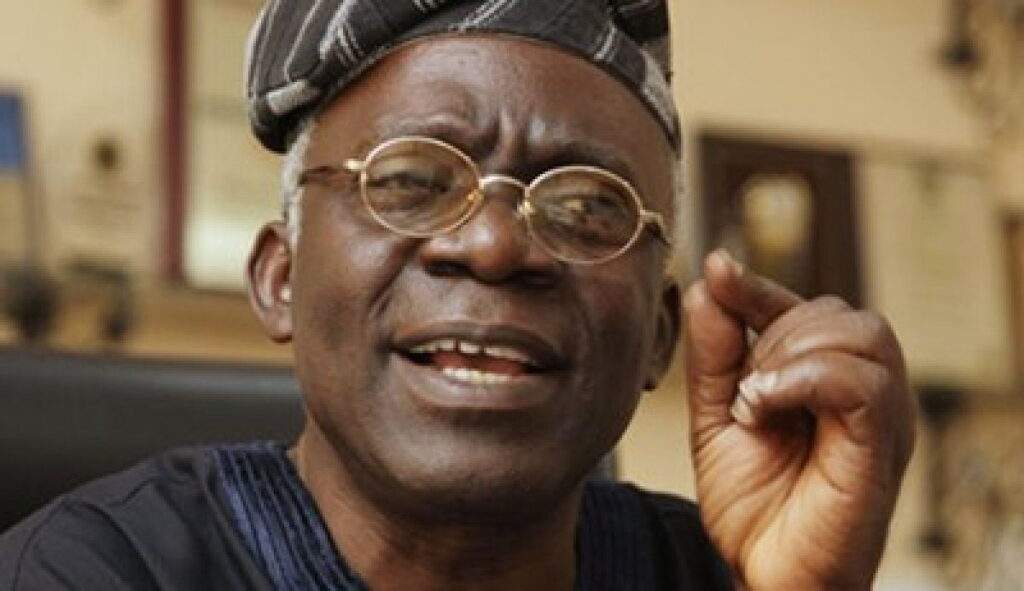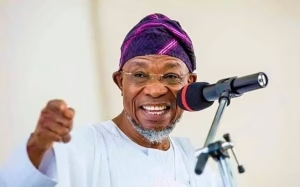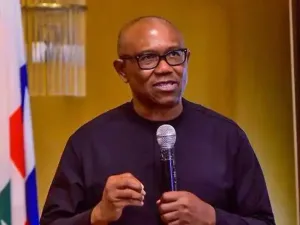Femi Falana, a Senior Advocate of Nigeria (SAN) and human rights activist, has called on Amnesty International to take the lead in demanding justice for the ongoing conflict between Israel and Hamas.
Speaking at a media briefing in Lagos hosted by Amnesty International, Falana praised the organization for its accomplishments but criticized what he perceived as a double standard in addressing atrocities committed by western governments and Israel.
He referred to Hamas and the Israeli government as “two terrorist organizations” and condemned the killing of unarmed civilians, emphasizing the devastating impact on innocent lives, particularly children, in the conflict.
“You cannot defeat a terrorist organization by unleashing violence; the underlying crisis must be addressed,” Falana stressed, highlighting the prohibition of collective punishment in the Geneva Convention.
According to Falana, Israel’s actions in the Gaza Strip amount to crimes against humanity and genocidal acts. He underscored the need for accountability, suggesting that if the situation were reversed, the international community would have demanded the arrest of the Israeli prime minister through the International Criminal Court (ICC).
Referring to the casualties, Falana drew a comparison with the crisis in Ukraine, questioning the lack of similar calls for justice in the case of Israel.
He called upon Amnesty International to mobilize the human rights community in advocating for justice in the Israeli-Palestinian conflict.
The conflict between Israel and Hamas has led to a significant escalation of the Israeli-Palestinian conflict, resulting in devastating casualties.
In a surprising turn of events, Hamas militants launched rockets into Israel and invaded southern Israeli cities and towns, leading to numerous casualties and hostages.
Israel responded with a deadly retaliatory operation and subsequently declared war against Hamas, marking a critical escalation in the conflict.
Bringing the focus to Nigeria, Falana emphasized the pivotal role of the media and citizens in combating human rights abuses, including illegal arrests and detention.
He cited specific legal provisions that place a duty on chief magistrates to regularly visit police stations within their jurisdiction, where they can grant bail, order releases, and ensure individuals are brought to court, thus reducing instances of illegal detention.
Falana also highlighted the role of the media in combating corruption, emphasizing the need for the media to maintain its integrity in fostering accountability and transparency.
He urged for sustained efforts to combat corruption and human rights abuses, indicating that collective action from both the legal and media sectors could contribute significantly to addressing these critical issues.






